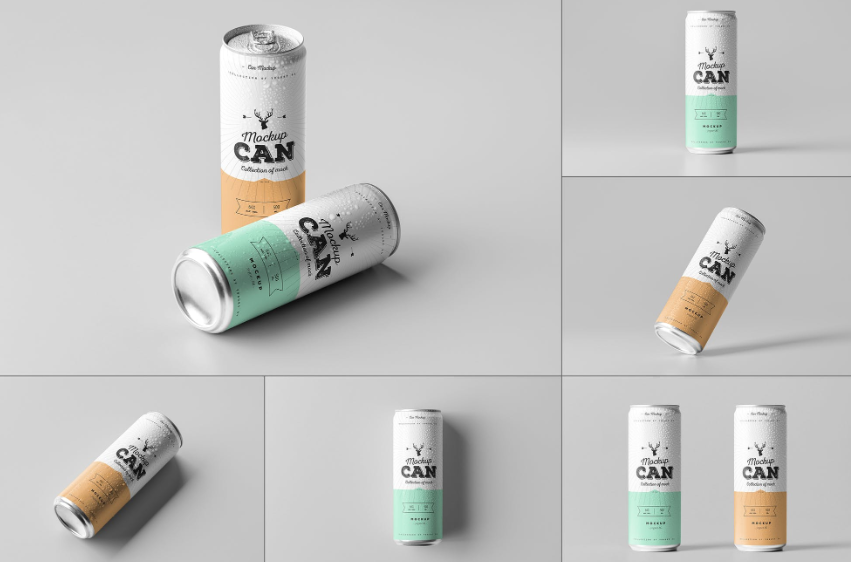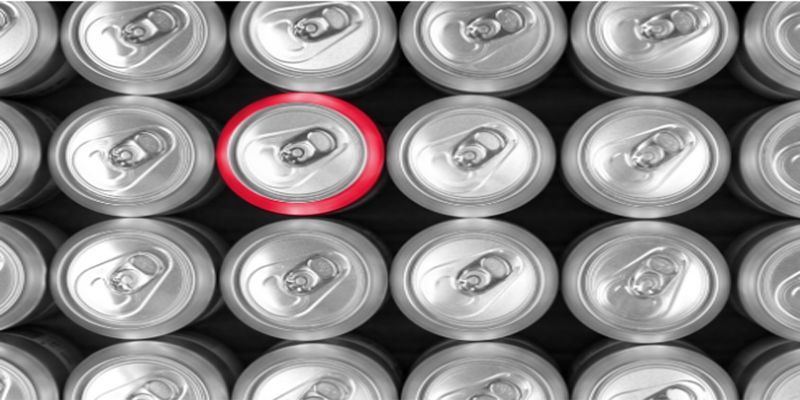How are cans recycled?
Oct 07, 2023
In today's environmentally conscious world, recycling plays a critical role in reducing waste and conserving valuable resources. Among the most commonly recycled items, aluminum cans stand out as eco-friendly champions. This blog aims to provide insight into the process of can recycling, highlighting its significance in promoting sustainability.
Collection and Sorting:
The first step in the can recycling journey is the collection of used cans. Consumers, businesses, and recycling centers all contribute to this vital stage. Dedicated recycling bins, curbside collection programs, and drop-off centers ensure easy access for individuals to dispose of their used cans.
Once collected, the cans are sent to recycling facilities where they undergo a meticulous sorting process. Advanced technologies, such as magnetic separators and eddy currents, efficiently separate the aluminum cans from other materials such as plastic and paper. This sorting stage ensures that only clean and pure aluminum cans move forward in the recycling process.
Shredding and Baling:
After sorting, the aluminum cans are shredded into small pieces, making them more manageable for further processing. Shredding also facilitates maximum extraction of the valuable aluminum content in the cans.
The shredded aluminum is then compacted into bales, streamlining transportation and storage. Baling saves space and ensures efficient handling during subsequent stages of the recycling process.
Melting and Purification:
The baled aluminum is melted in high-temperature furnaces, typically reaching around 660 degrees Celsius (1220 degrees Fahrenheit). This smelting process transforms the aluminum into its molten state.
During smelting, impurities such as coatings, paints, and inks are removed through various purification methods. Filtration and chemical treatments help separate contaminants, ensuring the resulting recycled aluminum is of high quality.
Casting and Rolling:
Once purified, the molten aluminum is cast into ingots or rolls, forming the building blocks for new aluminum products. The ingots are then rolled through a sequence of heavy rollers, creating thin sheets of aluminum with the desired thickness and shape.
Manufacture of New Products:
The transformed aluminum sheets are now ready to be used in the creation of new products. Can manufacturers employ specialized machinery to shape the sheets into cylindrical cans. The tops and bottoms, known as ends, are sealed to complete the can's structure.
Distribution and Consumer Use:
The newly manufactured cans are distributed to packaging companies, beverage manufacturers, and a myriad of industries that utilize aluminum cans. They are filled with various products ranging from beverages to food items, becoming ready for consumer use.
Closing the Recycling Loop:
After fulfilling their purpose, empty aluminum cans are reused and enter the recycling loop once again. Consumers are encouraged to participate in recycling programs and return their used cans to designated collection points. This practice ensures a continuous and sustainable cycle of can reuse and recycling.
The process of recycling aluminum cans showcases the remarkable potential for resource conservation and environmental protection. By understanding the can recycling journey, we contribute to a greener future. Let us all embrace recycling initiatives, actively participate in can collection, and support the sustainable efforts of recycling facilities. Together, we can promote a circular economy, reduce waste, and pave the way for a more eco-friendly world.



